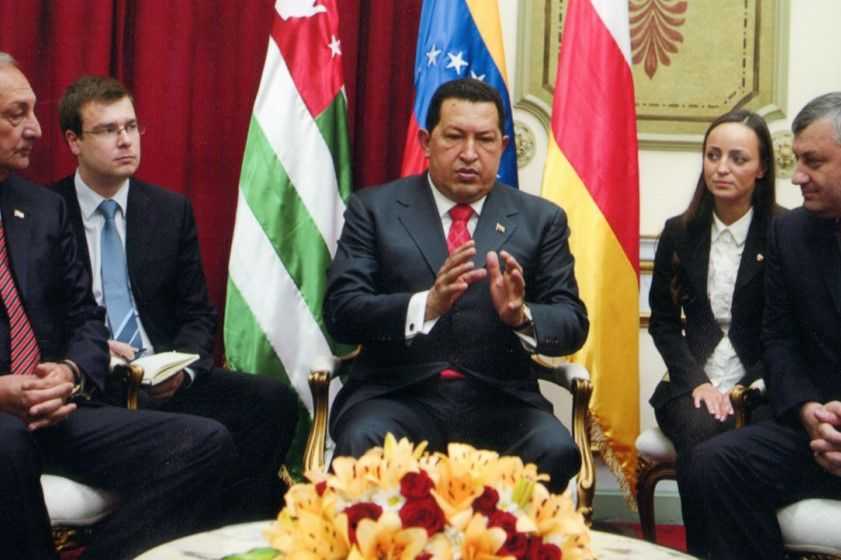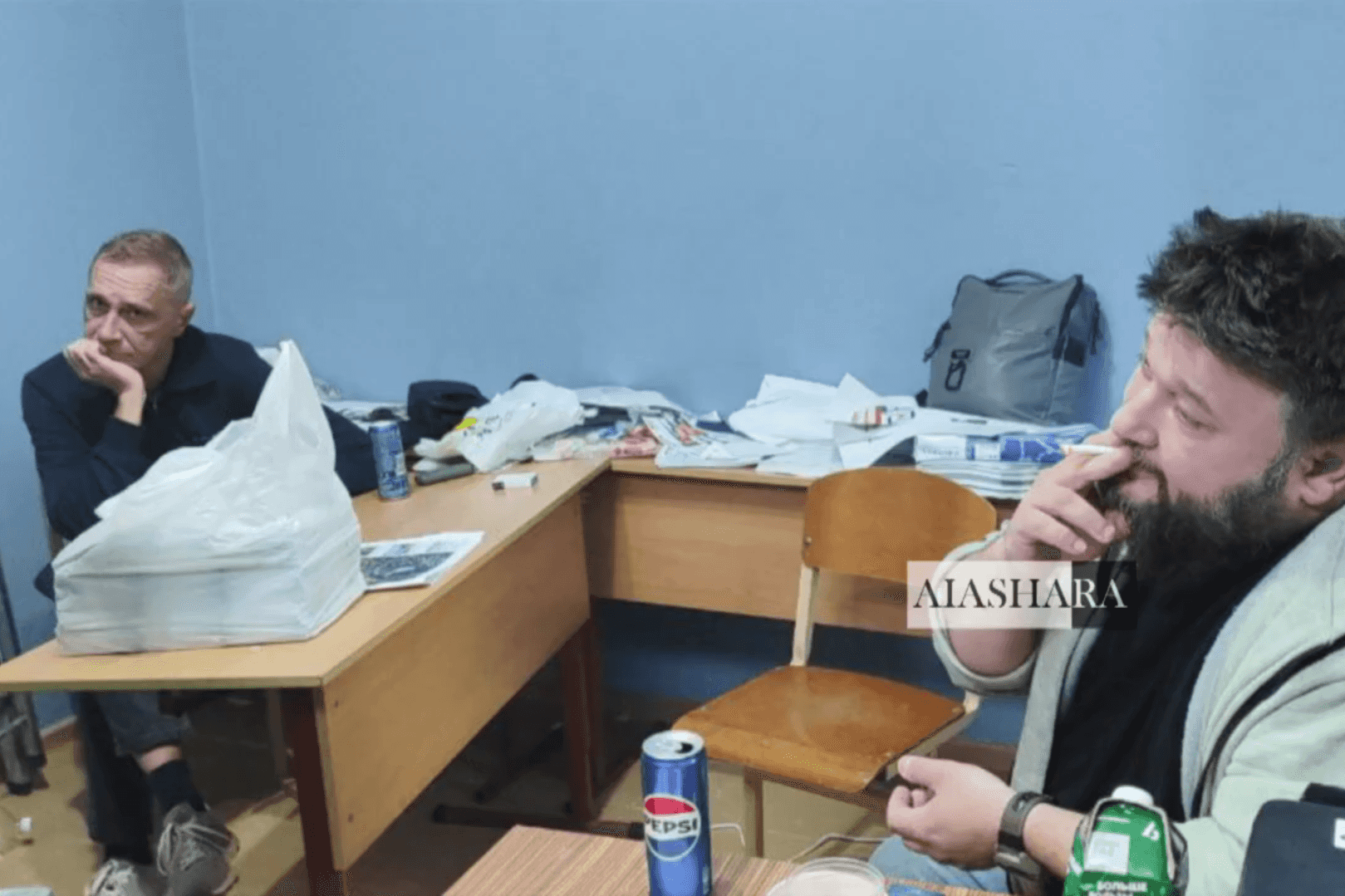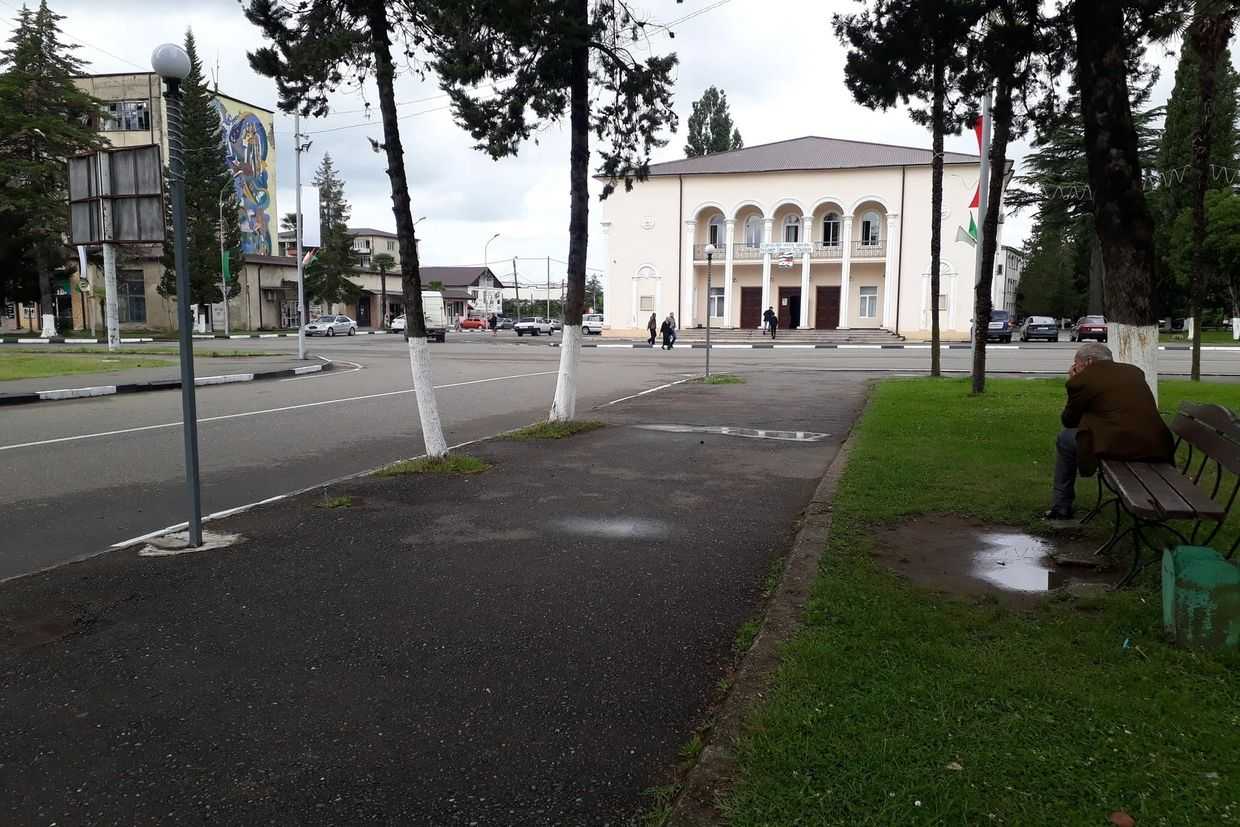
Abkhazia’s Parliament has rejected amendments to the criminal code that would target social media users who insult or slander officials with hefty fines and up to six years in prison.
Parliament rejected the amendments submitted by the Presidential Administration on 19 April, with some MPs criticising it as ‘too harsh’.
The amendments would punish those guilty of slander or insulting others with two to six years of imprisonment and a fine of ₽200,000 rubles ($2,200).
The Presidential Administration’s amendments would have outlawed the publication or dissemination of ‘false information’, an amendment that lawyers and MPs warned could be used to persecute individuals sharing information that was not officially endorsed by the authorities in Abkhazia.
They would also allow the authorities to launch criminal cases against as yet unidentified individuals found to be sharing ‘false information’, in addition to charging people who are not aware of the illegality of their actions.
Batal Aiba, President Aslan Bzhaniya’s parliamentary representative, argued that the amendments would ‘scare’ people into not publishing ‘questionable material’ on social media.
‘The main thing is for the law to scare [people], and people, before reposting anything, will think about what it will cost them’, said Aiba in parliament.
Astan Khashig, a lawyer from Abkhazia’s Human Rights Commissioner’s Office, expressed concern that the amendments would ‘seriously affect freedom of speech in Abkhazia and could lead to mass lawsuits’.
He argued that the Abkhaz authorities lack the ‘linguistic’ capacity to translate the nuances of comments and insults punishable by law to discern whether they violate the law.
‘All these nuances are not prescribed in the law’, he said.
The following week, on 24 April, MP Daut Khutaba submitted his own amendments to the criminal code outlawing insults and slander, which he built on the Presidential Administration’s suggested amendments.
Khutaba retained the fine of ₽200,000 ($2,200), but left the decision to imprison a suspect to the court’s discretion.
Human Rights Defender Anas Kishmaria criticised the amendments, arguing that those critical of public figures would go ‘underground’ and continue publishing on anonymous social media pages.
The amendments were rejected in their first committee hearing.
The two draft bills were the latest in a series of attempts by the authorities to push for legislation that would ban insults and slander. Earlier this year, the Prosecutor General’s office submitted its amendments, which were also rejected by parliament.
Abkhazia’s campaign to crack down on slander online has been met with criticism from opposition figures and journalists.
Journalist Nadezhda Borovikova criticised the amendments for prescribing different punishments for those who insult public officials and ordinary people.
‘Why do government officials need some kind of increased protection? Are they more likely to be offended than others?’ she said.
‘What is considered an insult? People are different, everyone can be offended by different things’, she noted, adding that Akhrik Avidzba, an activist who took part in the protests against former president Raul Khajimba was tried for insulting the government after posting ‘fuck those whores up’ on social media.
At the time, Avidzba’s lawyer asked if, based on his persecution, it was ‘possible to conclude from this accusation that the Prosecutor’s Office considers the words “whores” and “authorities” to be synonymous’.
‘To avoid such cases, it would be better for government officials to learn to accept criticism addressed to them more calmly than to look for ways to protect themselves from the opinions of the people they are called upon to serve.’
For ease of reading, we choose not to use qualifiers such as ‘de facto’, ‘unrecognised’, or ‘partially recognised’ when discussing institutions or political positions within Abkhazia, Nagorno-Karabakh, and South Ossetia. This does not imply a position on their status.









